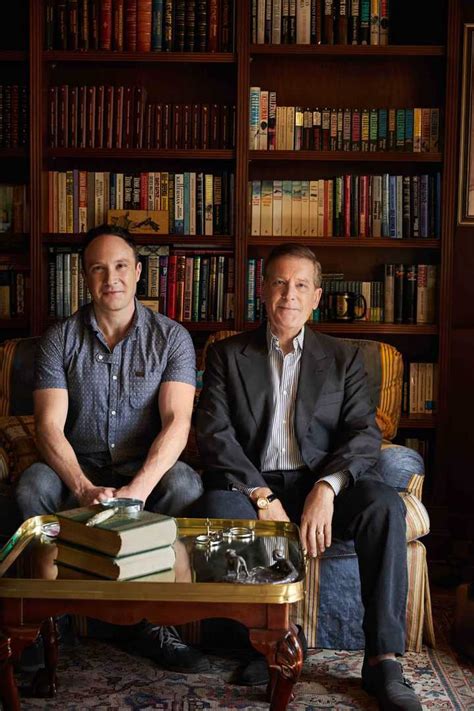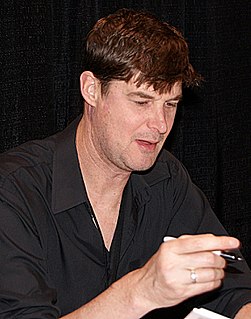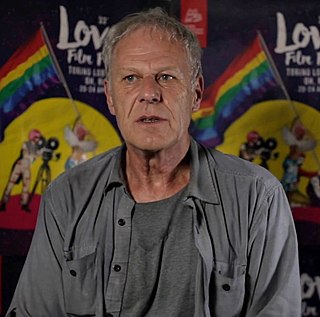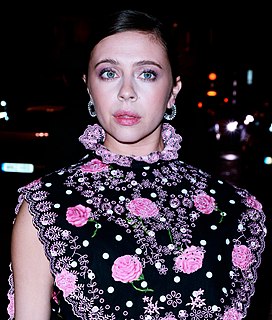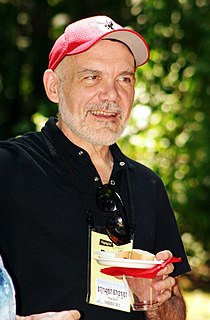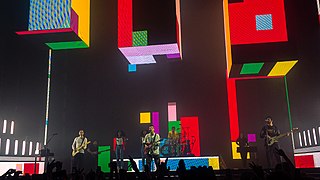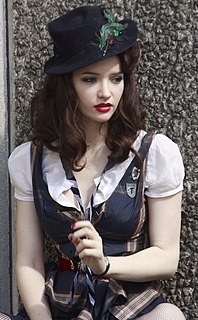Top 1200 Novels Quotes & Sayings - Page 2
Explore popular Novels quotes.
Last updated on December 23, 2024.
The structure of my novels has nothing to do with the narrative mode of cinema. My novels would be very difficult to film without ruining them completely. I think this is the area where writers need to place ourselves: from a position of absolute modernity and contemporaneity, creating a culture of objects which cinema cannot.
My major preoccupation is the question, 'What is reality ?' Many of my stories and novels deal with psychotic states or drug-induced states by which I can present the concept of a multiverse rather than a universe. Music and sociology are themes in my novels, also radical political trends; in particular I've written about fascism and my fear of it.
I've been thinking a lot about why it was so important to me to do The Idiot as a novel, and not a memoir. One reason is the great love of novels that I keep droning on about. I've always loved reading novels. I've wanted to write novels since I was little. I started my first novel when I was seven.I don't have the same connection to memoir or nonfiction or essays. Writing nonfiction makes me feel a little bit as if I'm producing a product I don't consume - it's a really alienating feeling.
In the end, of course, all novelists will be judged by their novels, but let's not forget that we will also need new ways of assessing the latter. There are people who will continue to write nineteenth-century novels in the early twenty-first, and even win major prizes for them, but that's not very interesting, intellectually or emotionally.
I do not think novels are necessarily more worthwhile than games. A novel can be a trivial waste of time, and a game can teach. Whatever the genre, I think a successful narrative allows us to participate, to try on new roles and points of view. At their best, novels and games serve as vehicles for discovery.
I often say to my students in workshops that if they are trying to find literary inspiration, they should not go and read novels, because novels are more appropriate for series. Where as they should read short stories - that's the right format for you to be able to actually display the narrative in a film.
If you read novels of the 19th century, they're pretty experimental. They take lots of chances; they seem to break a lot of rules. You've got omniscient narrators lecturing at times to the reader in first person. If you go back to the earliest novels, this is happening to a wild extent, like 'Tristram Shandy' or 'Don Quixote'.
The writers who inspire me most are all women: Enid Blyton, Agatha Christie, Margaret Mitchell and Emily and Charlotte Bronte. As for contemporary novels, one of my favourites is 'Everyone Brave is Forgiven' by Chris Cleave. It's the sort of book to read if you've fallen out of love with reading - it reminds you just how brilliant novels can be.




